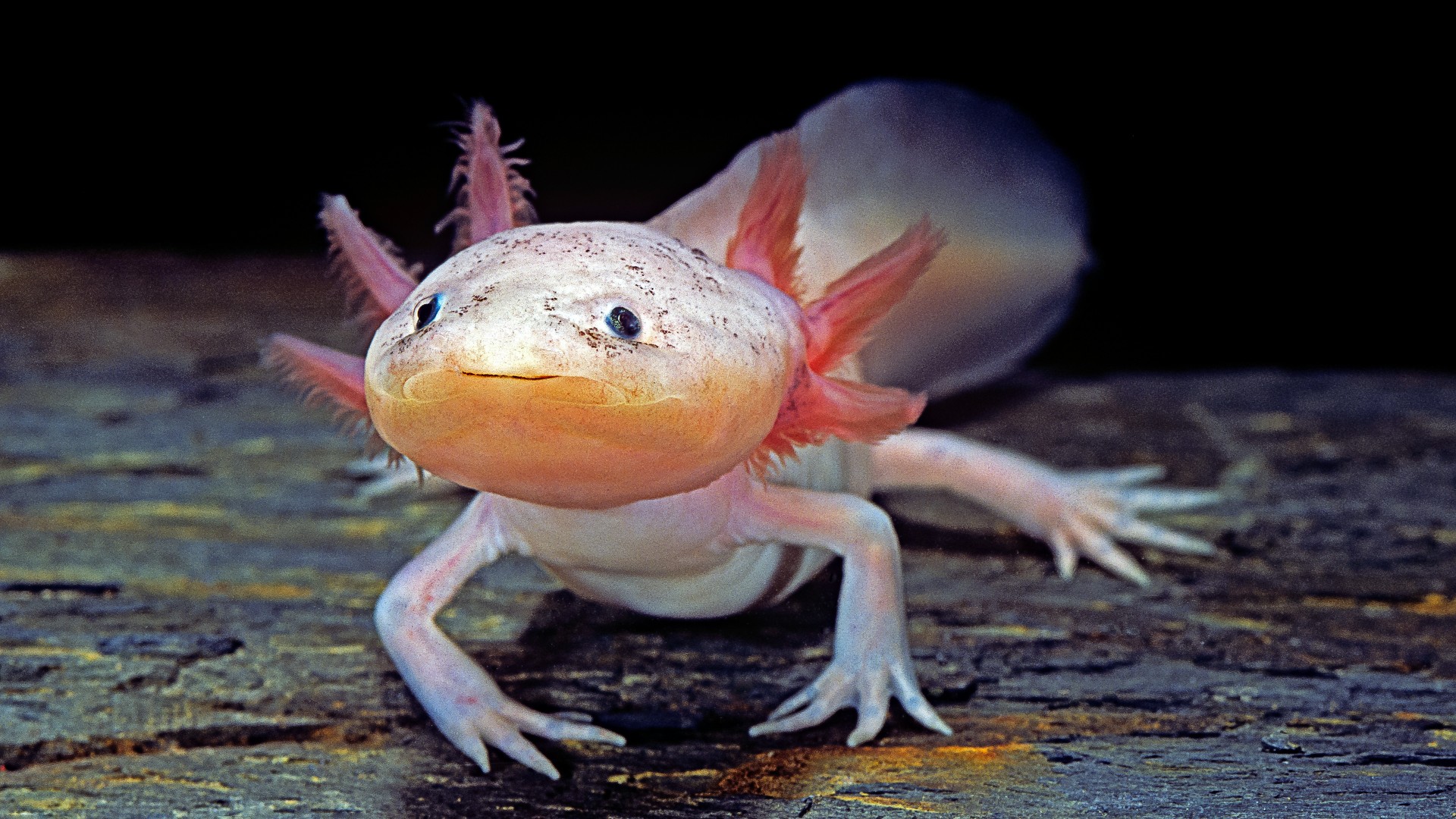Axolotls, the fascinating amphibians known for their incredible regenerative abilities, have long captivated scientists and enthusiasts alike. Recent research has unveiled a detailed map that sheds light on the unique mechanisms behind their ability to regenerate not just limbs, but also vital organs, including parts of their brains.
The ability to regrow brain tissue is particularly intriguing. Researchers have discovered that axolotls can regenerate neurons and other brain components after injury. The mapping of their genome has revealed key factors that contribute to this process, including specific proteins that promote cell division and differentiation in the brain.
The insights gained from axolotl research could pave the way for advancements in regenerative therapies for humans. By understanding the genetic and molecular pathways that enable these creatures to regrow their brains, scientists hope to develop strategies to enhance healing and regeneration in human tissues, particularly in cases of neurological damage.
 Axolotl weirdos can regrow their brains, and a new map reveals their regeneration secrets
Axolotl weirdos can regrow their brains, and a new map reveals their regeneration secrets